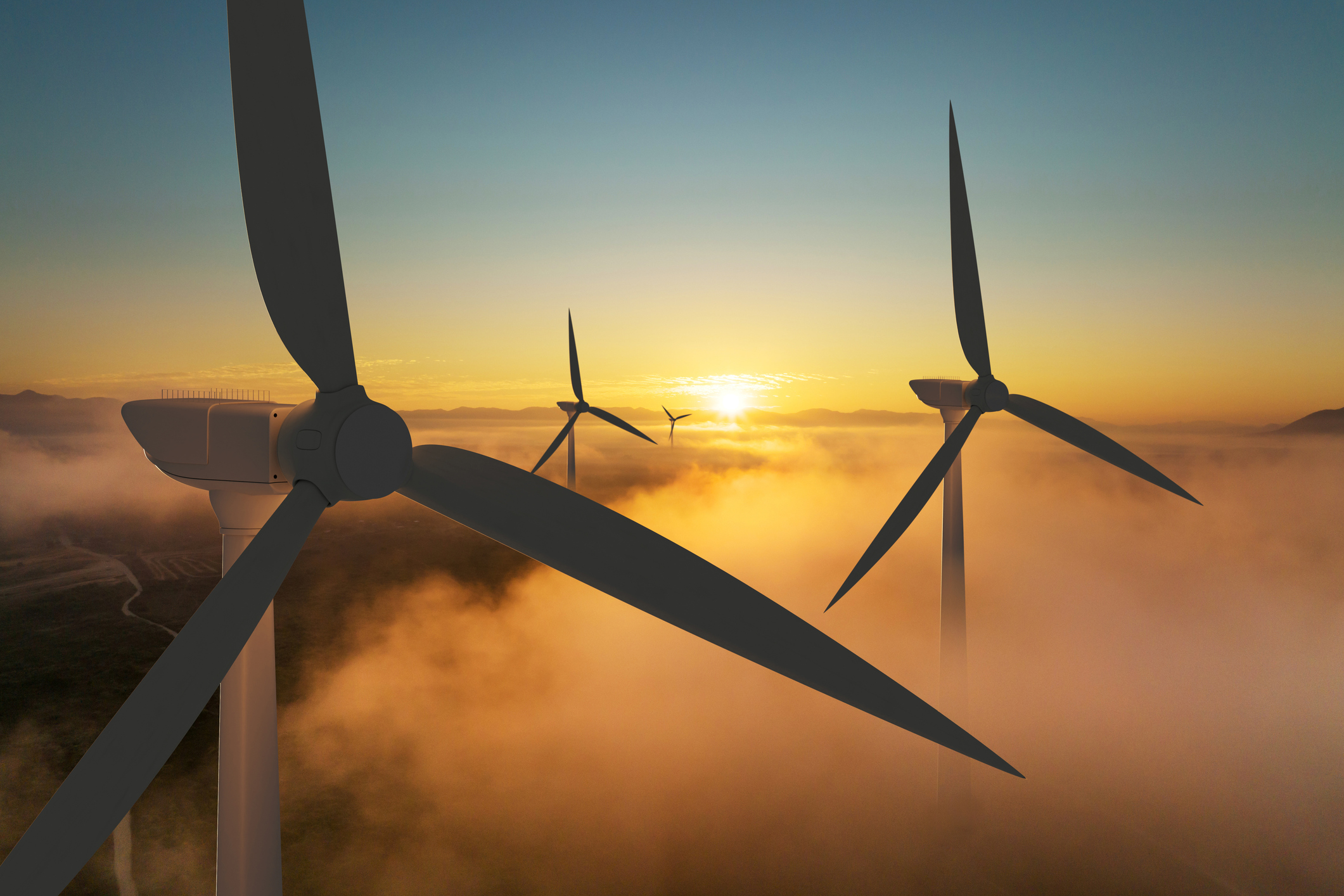Related Articles
Months after voters rejected a carbon tax starting at 13 cents per gallon of gas, a new proposal in the legislature would impose a tax on carbon and gasoline that would amount to 19 cents per gallon.
Senator Steve Hobbs (D-Lake Stevens), the chair of the Senate Transportation Committee, is proposing a $17 billion transportation package this legislative session. The package started out at $10 billion over 10 years but has nearly doubled in under a month.
A work session took place in the Senate Transportation Committee on Thursday, January 24th, where lawmakers reviewed and heard public testimony on the draft balance sheet, project list and summary. All of these documents can be found here.
One of the more controversial revenue sources on the balance sheet include a “carbon fee” that would take $7.879 billion from drivers over a decade, via a “$15 per metric ton tax on carbon dioxide emissions on the sale or use of fossil fuels…and the sale or use of electricity generated using fossil fuels.”
This translates to about 13 cents per gallon at the pump. Couple that with the transportation package’s proposed 6-cent gas tax increase and you’re looking at 19-cent gas tax increase on drivers, the majority of it spent on non-highway purposes.
This proposal seems inappropriate given the public’s rejection of a carbon tax just this last November. At $15 per metric ton of CO2, it would cost a family with two cars averaging 20.5 miles per gallon about $175 year in carbon taxes, plus an additional $75 per year for the gas tax. The carbon tax would also add about $55 in taxes on natural gas home heating and another $15 to $85 for electricity depending on what part of the state you are in.
Further, calling this a carbon fee is dishonest – the money is not intended for a single use. It would, instead, fund a variety of projects, many of them projects that drivers will not benefit from.
Of the $7.879 billion - $3.5 billion would be spent on state and local fish passage barrier removal. This represents 44% of carbon tax revenues.
The bulk of the money would be spent on:
- Storm water improvements
- Ferry and terminal investments (including electrification)
- Energy grid updates targeting electrification
- WSDOT local programs:
- Bike and pedestrian projects
- Safe Routes to Schools program
- Complete Streets program
- WSDOT Public Transportation Program:
- Special needs
- Rural mobility
- Buses and bus facilities
- Vanpool
- Transit coordination
- Commute Trip Reduction (CTR)
- Debt service
Using a high carbon tax to get more money from drivers for these projects seems an unfair and punitive burden to place on families that are already paying the third highest gas tax in the nation.
These projects include paying to fix culverts that block salmon habitat, which Washington is under a court order to do. The bill for these repairs will be significant. The tremendous economic growth in Washington, however, has created nearly $6 billion in new revenue and bonding capacity for the upcoming biennium.
The proposed budget for culverts in the upcoming biennium is about $700 million, or 11.6% of the additional revenue available, without new taxes. That is just one option.
However, rather than prioritizing culverts with existing revenues, public officials appear to be using culverts as an excuse to impose a new tax on drivers that can be spent on whatever they want. This sounds like opportunism rather than genuine care for salmon.
We will continue to track the transportation package and provide relevant updates.




